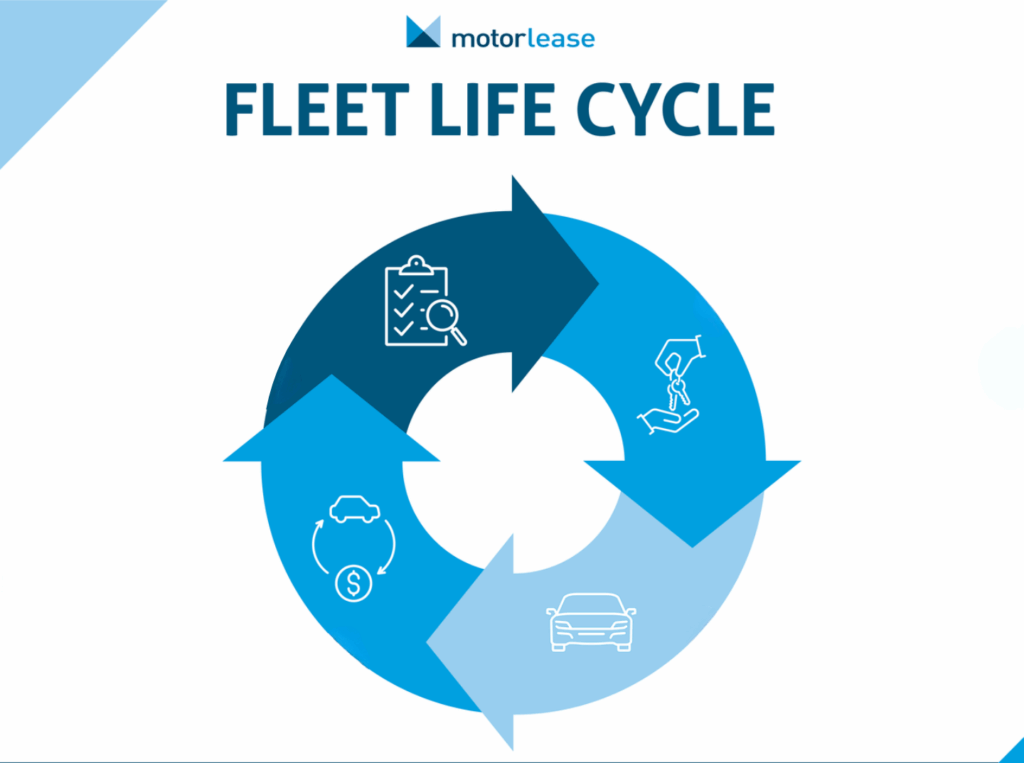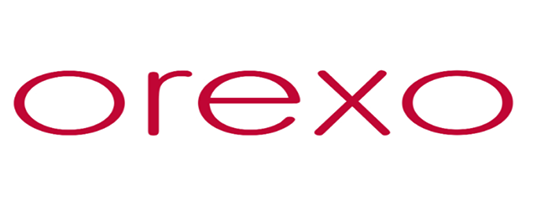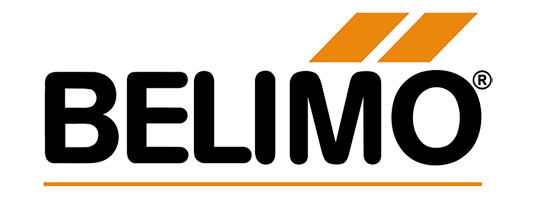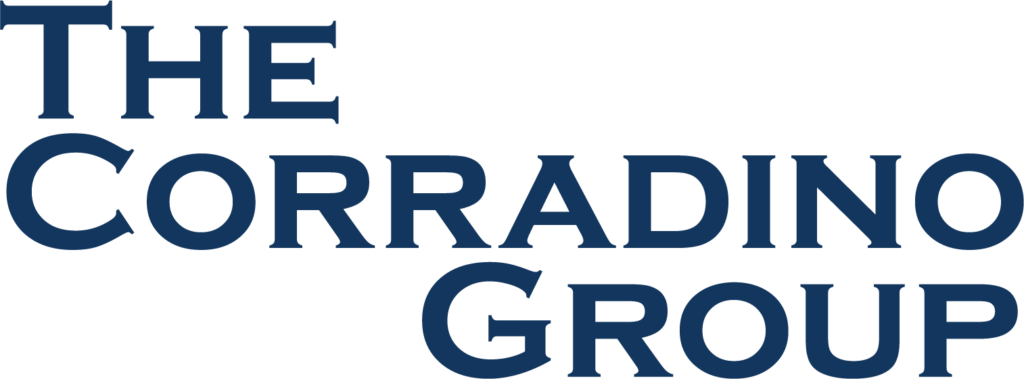The COVID-19 pandemic significantly impacted the global economy, causing major shifts in the used car market. As things have begun to stabilize, it’s essential for fleet managers to understand these changes and plan accordingly. Featuring insights from Motorlease’s fleet operations manager, Jim Maule, and remarketing manager, John Hart, this article delves into the current used car market and offers practical strategies for optimizing fleet operations as the landscape continues to evolve.
In This Article
Current Trends in the Used Car Market
Economic Factors Affecting Used Car Availability
Maximizing Vehicle Value in a Settling Market
Streamlining Fleet Operations for Maximum Efficiency
Future-Proofing Your Fleet
Conclusion
Current Trends in the Used Car Market
During the pandemic, supply chain disruptions and a spike in demand led to a surge in used vehicle prices. While the market settles and some believe that used car prices have dropped, the reality is that demand is still strong, and values remain relatively high. The market has more available used cars than during the peak of the pandemic, but it hasn’t reached a point of oversaturation, and misconceptions about falling prices can create unrealistic expectations for those looking to buy or sell used vehicles.
Economic Factors Affecting Used Car Availability
The used car market is influenced by broader economic factors like inflation, interest rates, and the availability of new vehicles. Inflation has driven up costs across many sectors, including automotive, and rising new car prices have been accompanied by increased financing costs, with interest rates climbing from near-zero to around 10%.
While supply chain issues have lessened, allowing manufacturers to produce new vehicles in higher volumes, the production delays from the pandemic mean there’s still a shortage of newer used cars—a gap that may take years to close. As a result, many used vehicles on the market today have higher mileage and longer usage periods.
“At Motorlease, our role is to anticipate used market conditions to ensure our vehicles retain a high remarket value. So, while more new cars are hitting the market today, we’re really interested in how that impacts the competitive landscape 3-5 years from now.” adds remarketing manager, John Hart.
As interest rates rise, consumers looking to finance vehicles might find themselves with lower price offers or incentives, leading to a more competitive future landscape for affordable used cars. Additionally, the upcoming election and potential policy changes, particularly around electric vehicles (EVs), add a layer of uncertainty for vehicle manufacturing trends and regulatory shifts at both state and national levels.
Maximizing Vehicle Value in a Settling Market
To navigate the complexities of the current used car market, fleet managers need to be strategic. One effective approach is to use data analytics for optimizing vehicle lifecycle management. Knowing the right time to replace vehicles can prevent unnecessary downtime and reduce costs—replacing a vehicle before it hits high mileage or requires major repairs is often more cost-effective in the long run.
Another key strategy is considering the total cost of ownership (TCO) when selecting vehicles. This involves looking at factors like fuel efficiency, maintenance costs, and potential resale value. Choosing reliable vehicles that suit the specific needs of your fleet is crucial—for example, ensuring that high-mileage drivers are placed in fuel-efficient vehicles can lead to significant cost savings and higher value at the outset of a lease.
Investing in features that enhance a vehicle’s resale value is also important. Adding options like sunroofs or advanced safety features can make vehicles more appealing in the used market, potentially increasing their resale price.
Streamlining Fleet Operations for Maximum Efficiency
Partnering with a fleet management company (FMC) like Motorlease can greatly improve operational efficiency. A knowledgeable partner can offer insights on the best timing for vehicle replacements, maintenance schedules, and market conditions. They can also help manage the complexities of regulations and costs associated with fleet operations, from state registrations to maintenance expenses.
“The time to assess risk and cost containment is really at the onset. Costs are rising across the board so it’s critical to help our customers understand and drive down the cost of ownership. Part of bringing value is also providing insight on when and how to exit a lease for the highest possible remarket return. We know what makes a vehicle attractive and we understand the seasonality of this market. Ultimately, that’s where our expertise comes in.” says fleet operations manager, Jim Maule.
An FMC can provide valuable advice on maximizing vehicle value, through maintenance programs or strategic selling, and help fleet managers avoid costly mistakes while maximizing their return on investment. For example, partnering with an FMC can provide strategic insight into the market that will maximize the resale value of a particular type or style of vehicle.
Future-Proofing Your Fleet
As the used car market continues to evolve, fleet managers need to stay informed about emerging trends. Advances in automotive technology, such as autonomous driving and standard safety features, will play a significant role in shaping the future of fleet operations. Managers should carefully evaluate which technologies are reliable and beneficial for their fleets, steering clear of unproven innovations that could negatively affect resale value.
To future-proof operations, fleet managers should engage in scenario planning and build flexibility into their strategies. Collaborating with an FMC can provide a comprehensive understanding of market conditions and support informed decision-making. Regularly reviewing fleet performance and adjusting strategies will help ensure that operations remain efficient and cost-effective.
Conclusion
Navigating the settling used car market requires a strategic approach and a deep understanding of current trends and economic factors. By leveraging data analytics, focusing on TCO, and partnering with experts, fleet managers can optimize their operations and prepare for future changes. The insights shared by Motorlease thought leaders in this article highlight the importance of staying adaptable and informed to optimize the value of vehicles in this dynamic market.
For personalized fleet management solutions, contact Motorlease today.













